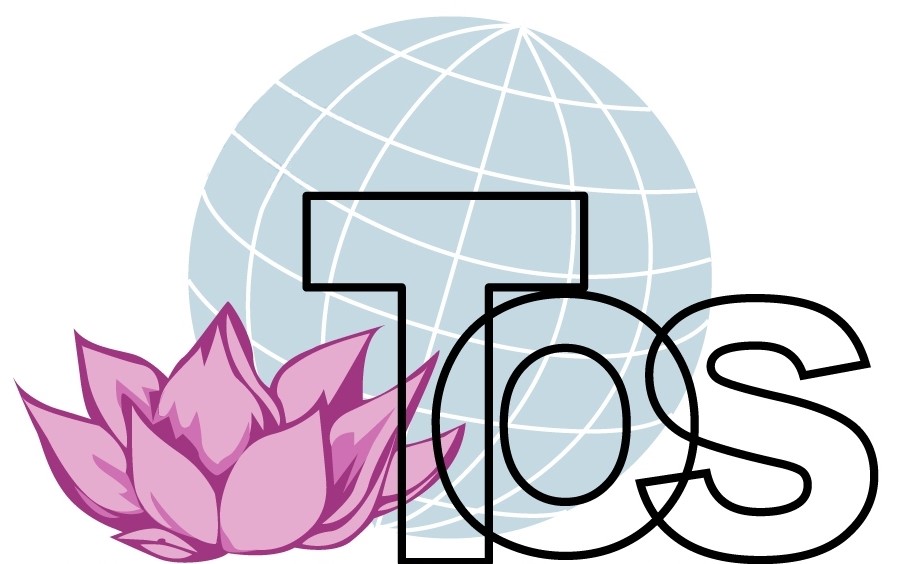2009 : The International Year of Reconciliation
General Topics:
The United Nations General Assembly has proclaimed in Resolution A/61/L22, the year 2009 as the International Year of Reconciliation “recognizing that reconciliation processes are particularly necessary and urgent in countries and regions of the world which have suffered or are suffering situations of conflict that have affected and divided societies in their various internal, national, and international facets.” The Resolution was introduced by Nicaragua’s representative who stated that “reconciliation between those estranged by conflicts was the only way to confront today’s challenges and heal wherever fraternity and justice were absent from human relations.”
Yet we need to ask how can genuine reconciliation take place between people and groups with bitterly held beliefs and a violent history? How can the needs for national healing be reconciled with the demands for justice by the victims of terrible violence?
The General Assembly resolution gives a partial answer by stressing that “dialogue among opponents from positions of respect and tolerance is an essential element of peace and reconciliation.”
For there to be a respectful dialogue among opponents, certain barriers that prevent negotiations must be dismantled as a sign of a willingness to enter into a process of negotiations. Some barriers are physical, some psychological, others ideological. These barriers must be overcome if we are to progress on the long road to reconciliation. Let us, with the New Year, start now both as individuals and as members of movements in the spirit of the historian Howard Zinn’s “People are Practical”
They want change but feel powerless, alone,
do not want to be the blade of grass that
sticks up above the others and is cut down.
They wait for a sign from someone else
who will make the first move, or the second.
And at certain times in history
there are certain intrepid people who take the risk
that if they make that first move others will follow
quickly enough to prevent their being cut down.
And if we understand this, we
might make that first move.…And if we do act, in however small a way,
we don’t have to wait for some grand utopian future.
The future is an infinite succession of presents,
and to live now as we think human beings should live,
in defiance of all that is bad around us, is itself
a marvellous victory.
Rene Wadlow, Representative to the UN, Geneva, Association of World Citizens
